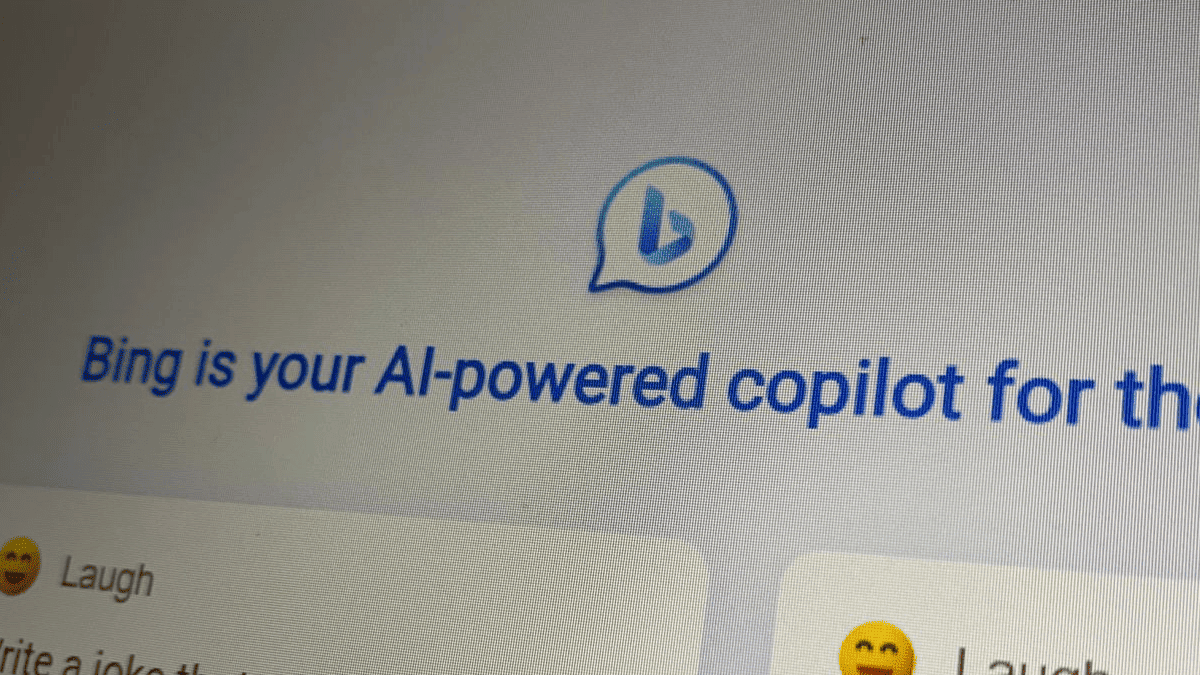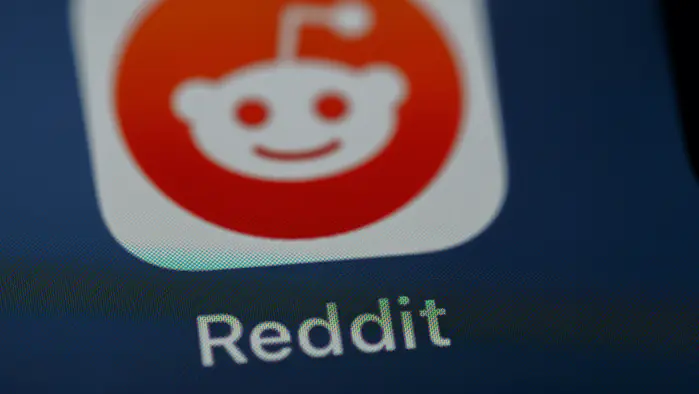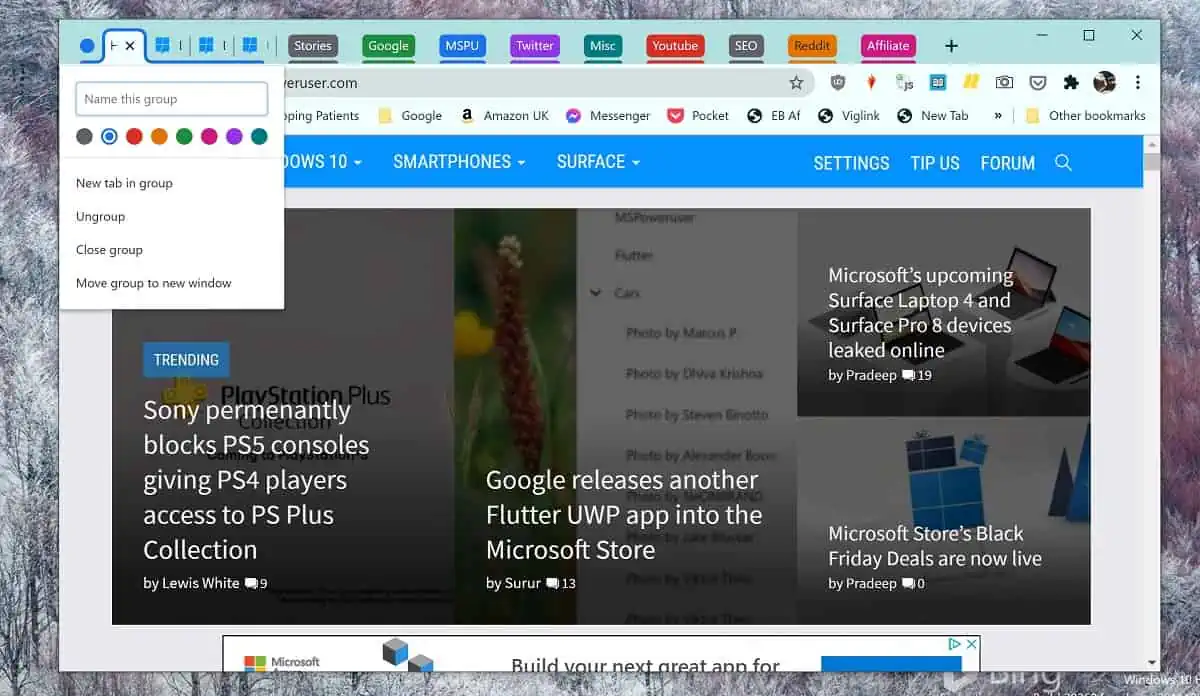Microsoft's Bing and Edge to be exempted by EU, a huge advantage over rivals Google and Apple
2 min. read
Published on
Read our disclosure page to find out how can you help MSPoweruser sustain the editorial team Read more
Key notes
- Microsoft’s Bing, Edge, and advertising services are likely exempt from the EU’s Digital Markets Act due to a perceived lack of market dominance.
- The DMA categorizes and regulates different tech services based on their specific market positions and potential impact on competition.
- Microsoft still faces DMA scrutiny for other services like Windows and LinkedIn.

According to preliminary assessments by EU regulators, Microsoft’s Bing search engine, Edge web browser, and advertising services will likely be exempt from the European Union’s upcoming Digital Markets Act (DMA).
This decision, currently tentative and subject to change, stems from the conclusion that these services lack sufficient market dominance within the EU to qualify as “gatekeepers” under the DMA’s framework.
The DMA, set to take effect in March 2024, aims to curb the power of large technology companies by imposing stricter regulations on designated “gatekeepers.” These companies, deemed to hold significant market power and influence user behavior, will be subject to various obligations, including:
- Prohibition of self-preferencing: Gatekeepers cannot favor their services over those of rivals.
- Restrictions on data collection and use: Unfair collection and use of personal data across different services will be limited.
- Interoperability requirements: Users must be able to download and use third-party apps on gatekeeper platforms.
What does this mean for Microsoft?
Microsoft will have more flexibility to operate its services in the EU, giving it a potential competitive advantage over larger rivals like Google and Amazon.
What does this mean for the EU?
The EU’s decision to exempt Microsoft’s Bing, Edge, and advertising services from the DMA has sparked mixed reactions. Some argue that the decision is too lenient, while others deem it justified as Microsoft doesn’t hold the same market dominance as other tech companies. The decision’s long-term impact is still unclear, but the DMA is a complex legislation that will impact the tech industry significantly.
What does this mean for consumers?
It’s unclear how the EU’s decision will affect consumers. Increased competition may lead to lower prices and more innovation, but Microsoft could also use its exemption to its advantage. Only time will tell.
If you ask me, this move would be fair to Microsoft, given that Edge and Bing have a significantly smaller user base compared to Google.
More here.









User forum
0 messages